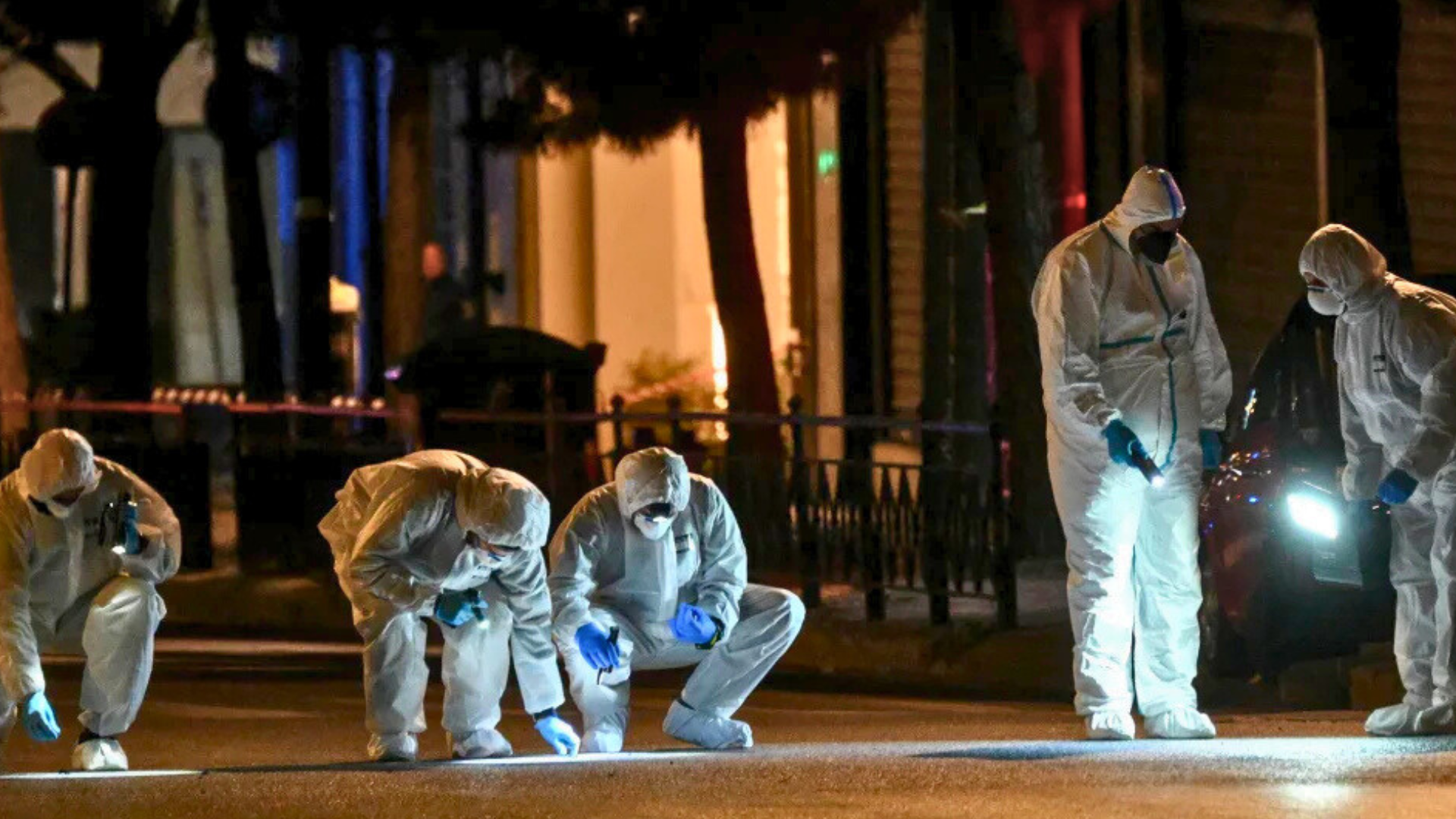An emerging extremist group, ‘Revolutionary Class Struggle,’ has claimed responsibility for a bomb that exploded Friday, April 11, evening near the offices of Hellenic Train, Greece’s main railway operator, and for a separate device planted near the Labor Ministry in early February.
The explosion caused limited damage and no injuries. Perpetrators had called two media outlets 40 minutes in advance to warn of the blast.
In a lengthy statement posted Sunday, April 13, the group framed the attacks as part of an “armed struggle against the state,” dedicating them to “the Palestinian people and their heroic resistance.”
They also paid tribute to Kyriakos Xymitiris, who was killed last year while assembling an explosive device in Athens.
The attack comes amid ongoing public outrage over the 2023 railway disaster, Greece’s worst, which killed 57 people and injured dozens more.
The crash, caused by trains accidentally being placed on the same track, exposed major safety flaws in the system and led to mass protests against the conservative government.
ΑΝΑΚΟΙΝΩΣΗ 11/4/2025https://t.co/G882O5o3Ak
— Hellenic Train (@HellenicTrain) April 11, 2025
Revolutionary Class Struggle linked the accident to broader systemic issues, calling it one of many “murders” of the working class by capitalists.
“With the blood not yet dry, they attributed the accident to human error and the ‘chronic deficiencies of the Greek state,’ in effect demanding even more freedom of movement for capital, more privatisations and new attacks on any remaining state-owned infrastructure,” the group stated.
Hellenic Train, responsible for passenger and cargo transport, was sold to Italy’s Ferrovie dello Stato Italiane in 2017. The state-owned Hellenic Railways retains responsibility for infrastructure maintenance.
Greek authorities are investigating the attacks, analysing security footage of one or two suspects and tracking potential cellphone activity.
Officials describe the perpetrators as part of a new wave of domestic extremists, continuing a tradition of politically motivated violence dating back to the 1970s.
Source: AP News.
